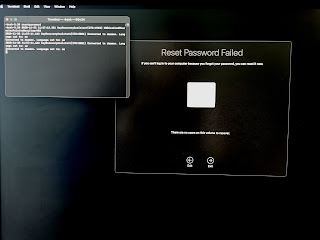Here I would like to show all variants of trampolines which I know.
32-bits Intel architecture (x86):
; 5 code bytes
; relative addressing
; no registers modification
; EIP+78563412h == 0019fa9ah+78563412h == 78702each
0019fa95 e912345678 jmp 78702each
0019fa9a
; 6 code bytes
; absolute addressing
; no registers modification
0019fa95 6812345678 push 78563412h
0019fa9a c3 ret
0019fa9b
; 8 code bytes
; absolute addressing
; EAX value lost
0019fa95 c7c012345678 mov eax,78563412h
0019fa9b ffe0 jmp eax
0019fa9d
; 6 code bytes + 4 data bytes
; absolute addressing
; no registers modification
; data in execution code
; absolute data addressing
0019fa95 ff259bfa1900 jmp dword ptr ds:[19FA9Bh]
0019fa9b 12345678 dd 78563412h
0019fa9f
64-bits AMD architecture (amd64 / x86_64 / x64):
; 14 code bytes
; absolute addressing
; no registers modification
00000000`0014f605 6812345678 push 78563412h
00000000`0014f60a c74424049abcdef0 mov dword ptr [rsp+4],0F0DEBC9Ah
00000000`0014f612 c3 ret
00000000`0014f613
; 6 code bytes
; absolute addressing in lower 4Gb
; no registers modification
00000000`0014f605 6812345678 push 78563412h
00000000`0014f60a c3 ret
00000000`0014f60b
; 12 code bytes
; absolute addressing
; change RAX (return value register)
00000000`0014f605 48b8123456789abcdef0 mov rax,0F0DEBC9A78563412h
00000000`0014f60f ffe0 jmp rax
00000000`0014f611
; 13 code bytes
; absolute addressing
; change R11 (temporary register)
00000000`0014f605 49bb123456789abcdef0 mov r11,0F0DEBC9A78563412h
00000000`0014f60f 41ffe3 jmp r11
00000000`0014f612
; 6 code bytes + 8 data bytes in range RIP±2Gb
; absolute addressing
; no registers modification
; data in execution code
; relative data addressing
; RIP+00000000h == 00000000`0014f60bh+00000000h == 00000000`0014f60bh
00000000`0014f605 ff2500000000 jmp qword ptr [00000000`0014f60bh]
00000000`0014f60b 123456789abcdef0 dq 0F0DEBC9A78563412h
00000000`0014f613
; 5 code bytes
; relative addressing RIP±2Gb
; no registers modification
; EIP+78563412h == 00000000`0014f60ah+78563412h == 00000000`786b2a1ch
00000000`0014f605 e912345678 jmp 00000000`786b2a1ch
00000000`0014f60a
P.S. Please let me know if you have new variant.


